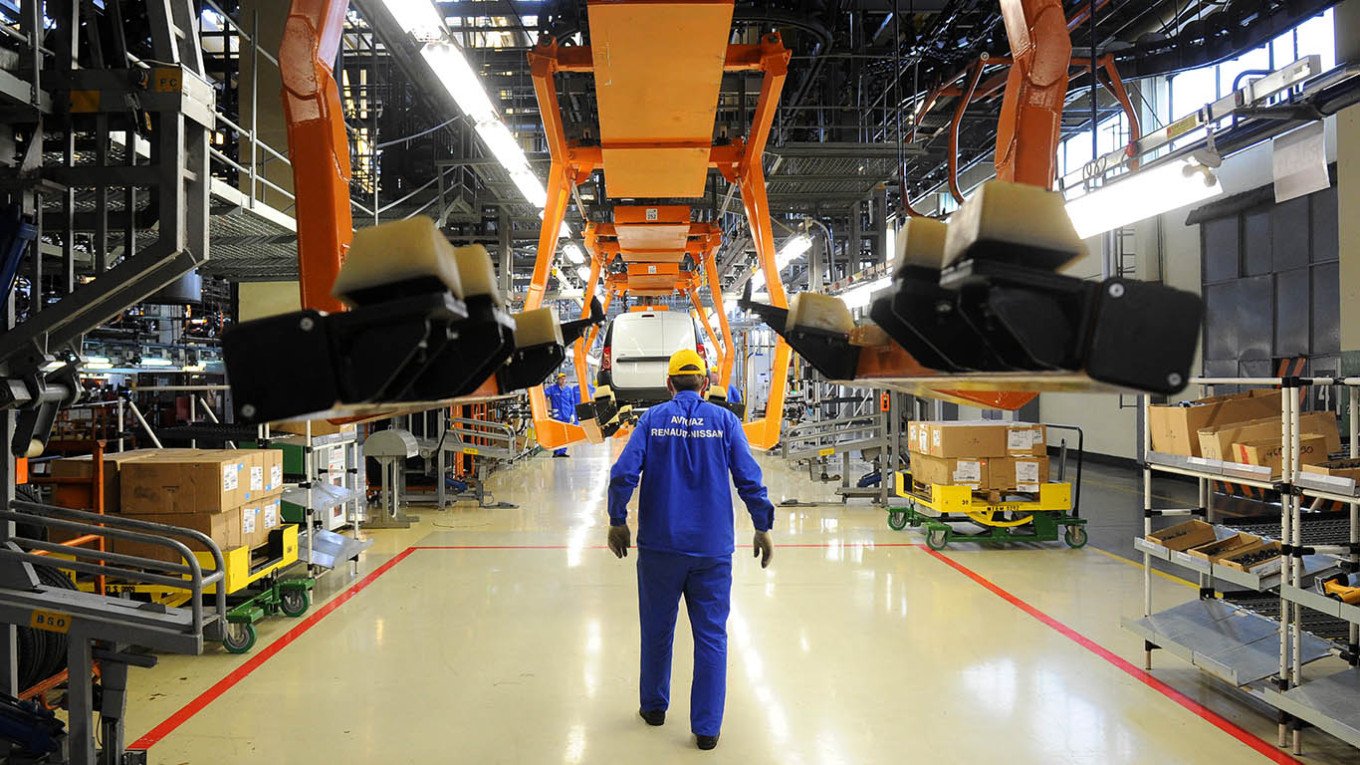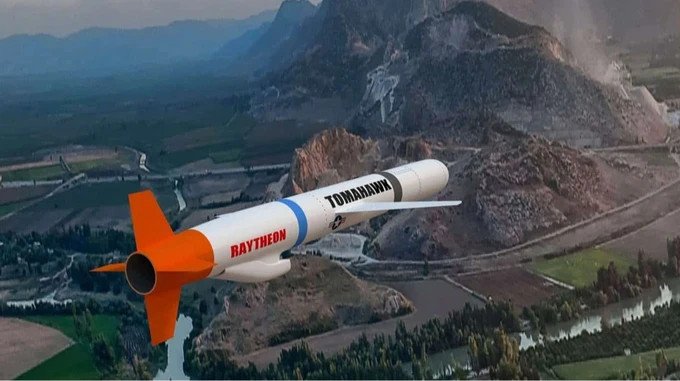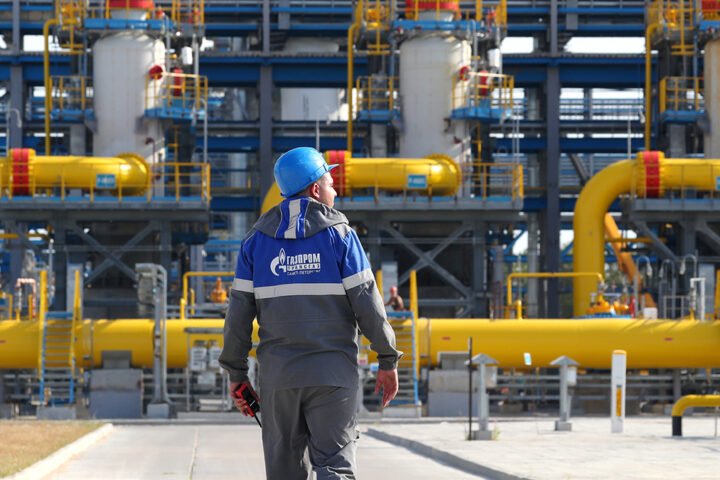Several of Russia’s largest industrial enterprises have adopted three- or four-day workweeks, a shift that officials frame as modern labour reform but which analysts see as a sign of deepening economic crisis. For the broader economy, this change could foreshadow a contraction in manufacturing capacity and employment.
Agricultural machinery producers face steep decline
Producers such as Rostselmash have reduced operations to a three-day week after sharp declines in demand. Rostselmash projected this year’s output at just 2,700 combines and 800 tractors, significantly below historical levels. Domestic agricultural machinery sales fell by 30% in value during the first seven months of 2025, with combine harvester sales halving. Government support measures have failed to reverse the trend. The Kirov Tractor Plant reported a 20–25% drop in production, leading to extended leaves and shorter hours. Farmers cite low profitability as a key factor limiting equipment renewal.
Automotive sector contraction deepens
KamAZ, Russia’s leading truck manufacturer, reduced workweeks in August after demand for heavy trucks collapsed by nearly 60% year-on-year, with large inventories of imported and leased vehicles compounding the crisis. AvtoVAZ introduced a four-day week in October despite state protections for Lada models, following a 25% sales decline in the first nine months of 2025. Intense competition from Chinese brands, rising interest rates, and restricted credit access continue to suppress demand. AvtoVAZ plans to maintain shorter schedules for at least six months.
Other sectors adopt similar measures
The shift extends beyond automotive and machinery to include metallurgical plants, cement factories, and rail companies. Notable examples include the Chelyabinsk Electrometallurgical Plant reducing hours for 1,200 employees, the Yaroslavl Motor Plant, Diesel Equipment Plant, and Tikhvin Wagon Works, where 7,000 workers are now on reduced schedules. While official statements cite “market adjustment” or “job protection,” reduced hours often translate into lower wages, cancelled bonuses, and fewer benefits — a concealed form of layoffs.
Official narrative contrasts with economic reality
Russian authorities present the shift as aligning with global trends toward shorter workweeks to improve productivity and worker wellbeing. However, experts stress this is a crisis-driven survival tactic rather than a reform initiative. It enables firms to cut costs while avoiding formal redundancies, masking the real scale of unemployment and giving a misleading picture of labour stability.
Wider economic and geopolitical implications
The widespread shortening of workweeks points to deeper structural challenges in Russia’s economy, not a temporary downturn. Persistent stress across sectors, the militarisation of the economy, and shifting resources away from civilian industry threaten Russia’s long-term industrial capacity. Official statistics may underreport unemployment and the extent of economic contraction, creating risks for global supply chains and stability.
A signal of industrial decline and economic fragility
Russia’s adoption of three- and four-day workweeks reflects economic hardship rather than progressive labour reform. For European observers, it underlines vulnerabilities in Russia’s industrial base and raises questions about the sustainability of its economic model. This trend highlights the interplay of sanctions, industrial policy, and labour markets shaping Russia’s economic trajectory.










